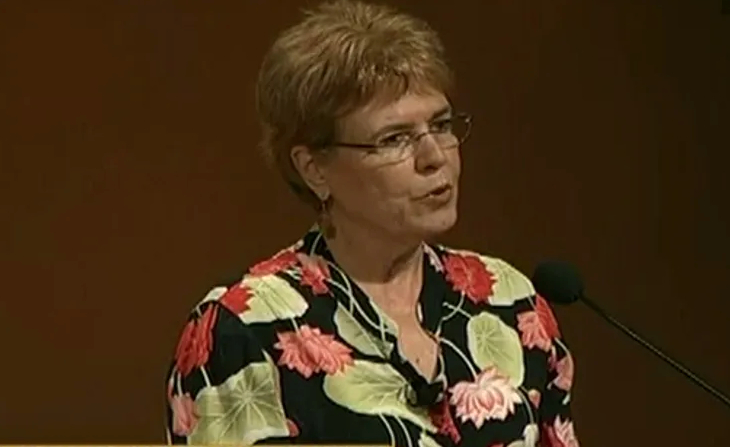Scott Winship of the American Enterprise Institute critiques a new report targeting American poverty.
Last week, the National Academies of Sciences, Engineering, and Medicine (henceforth, NAS) released a new “consensus study” on poverty. The study was commissioned by the Census Bureau to assess and “update” the “Supplemental Poverty Measure” (SPM). The SPM is an indicator of poverty growing out of a similar 1995 study by NAS recommending improvements to the official poverty measure (OPM). In the years between the studies, the Census Bureau applied substantial resources to implementing the SPM, and it has been updated annually since 2011 (when 2010 poverty estimates were published).
The report, An Updated Measure of Poverty, seeks to assess and update the SPM. Staff at NAS selected a panel of experts to produce the report and developed a “Statement of Task for the Study,” to guide them. The statement notes that:
“The intent of the panel is to assist the Census Bureau and the Bureau of Labor Statistics to ensure that the SPM is fulfilling its mandate to provide information on aggregate levels of economic need that informs public understanding of economic conditions and trends affecting people with lower incomes. After reviewing the strengths and weaknesses of the SPM in its current form, the panel will consider modifications that would increase its value to policy makers and researchers for the uses to which it is, or potentially could be, applied.”
It is important to examine the past decision to develop the SPM and to assess how well it is has informed efforts to help low-income populations. Unfortunately, the panel has failed to provide that necessary information. Instead, it has attempted to entrench a specific type of poverty measure further into the bureaucracy of federal statistics without regard to the fundamental question of what best informs public understanding of the needs of poor Americans. The evidence suggests that key features of the SPM make it less accurate at identifying the poor than even the deficient OPM. The panel’s recommendation for the revised SPM essentially to replace the OPM is not only clearly outside the panel’s mandate. It reflects value judgements outside the realm of science—judgements lacking consensus among poverty measurement experts.


